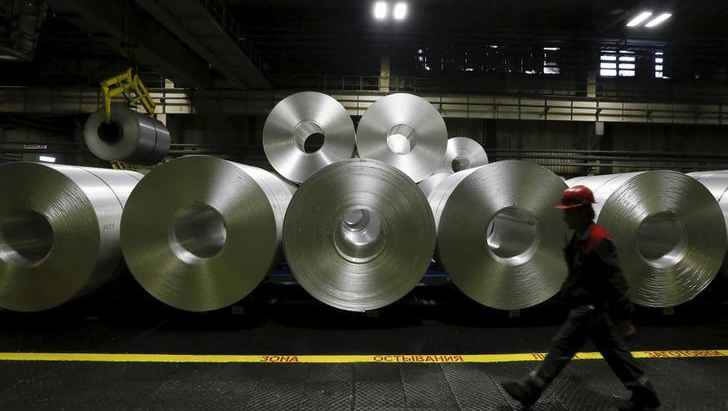
Business
09:34, 28-Feb-2018
China irked by US tariffs on aluminum foil
CGTN

China has expressed strong dissatisfaction with a US decision to impose tariffs of up to 106 percent on Chinese imported aluminum foil, after determining that China's manufacturers were selling at below-market prices and receiving ample government subsidies, claims which China says are ill-founded.
"This move shows total disregard to WTO rules and severely damages the interests of China's aluminum exporting companies," said Wang Hejun, a representative of the Ministry of Commerce, on Wednesday morning.
He noted the "surrogate nation" approach used in the anti-dumping investigations – a method that WTO members agreed to invalidate in China-related issues from December 2016, China’s 15th year of WTO membership.
In a statement announcing its decision on Wednesday, the US Department of Commerce maintained that "unfair" foil imports from China were undermining workers and businesses.
The steel and aluminum reports released by the US commerce department earlier this month concluded that China is the world's largest source of excess steel capacity and that its surplus is driving US producers out of business.
However, its Chinese counterpart on Wednesday said that the majority of manufacturers of types of aluminum with low margins voluntarily gave up their business to shift towards products with more added value two decades ago. The number of operating aluminum makers is the result of that market choice, and cannot be blamed on import, it argued.
America’s total imports of aluminum from China in 2016 were valued at an estimated 389 million US dollars.
New investigations into dumping and countervailing duties cases rose by 60 percent during Donald Trump’s first year in office, according to the White House’s 2019 budget proposal document.

SITEMAP
Copyright © 2018 CGTN. Beijing ICP prepared NO.16065310-3
Copyright © 2018 CGTN. Beijing ICP prepared NO.16065310-3